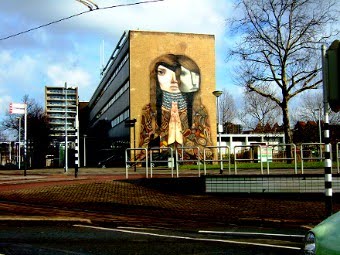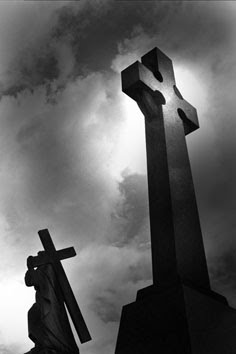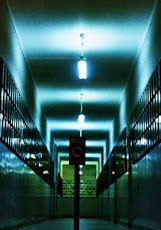A human lifetime is relatively short compared to the
collective memory of a nation’s actions – a memory about human engagements that
create and shape our destiny. This memory stretches back centuries if not millennium
and further still as we search for clues about who we are.
Ireland’s communities have their good examples of how
moments of tragic hunger, famine, rebellious bravery and emigration are embedded
in its recent collective memory. Every nation has similar moments.
There is always however, a time for changes to this memory.
Not in the facts around their actual happening; these facts will always inspire
and attract the attention of inquiring minds. The changes I speak of are about
relevance and influence to the society of the moment and how historical journeys
are continuously formatting long after these remarkable historical events have
past. Respect for history and all its contradictions is part of our character.
The 1916 Easter commemorations have brought into view a
variety of changes in looking at its significance and influence; not only in
Ireland but also in Britain.
It may seem like Great Britain and Ireland have separate narratives
to tell its people and the world. In looking at these stories it is clear they
are part of the same larger history. Connected by culture, commerce, freedom and
blood, there has never been a better time for change in how we feel about our
collective memory - A change to pursue political progress with economic development.
In the famed Irish Republican stronghold of Derry's Bogside area, during its 2016 Easter commemoration, change is
evident; a celebration of memory as opposed to a resentment to how that memory
came about. It is not complete in the national psychic but is
diluting the old grievances with a maturing reverence. It has taken 100 years
to feel this change in how we embrace our memories; and maybe a 100 more for
them to be legend; our lives may be short, but our histories are long, together
they create the eternal memory about who we are.






















.jpg)

